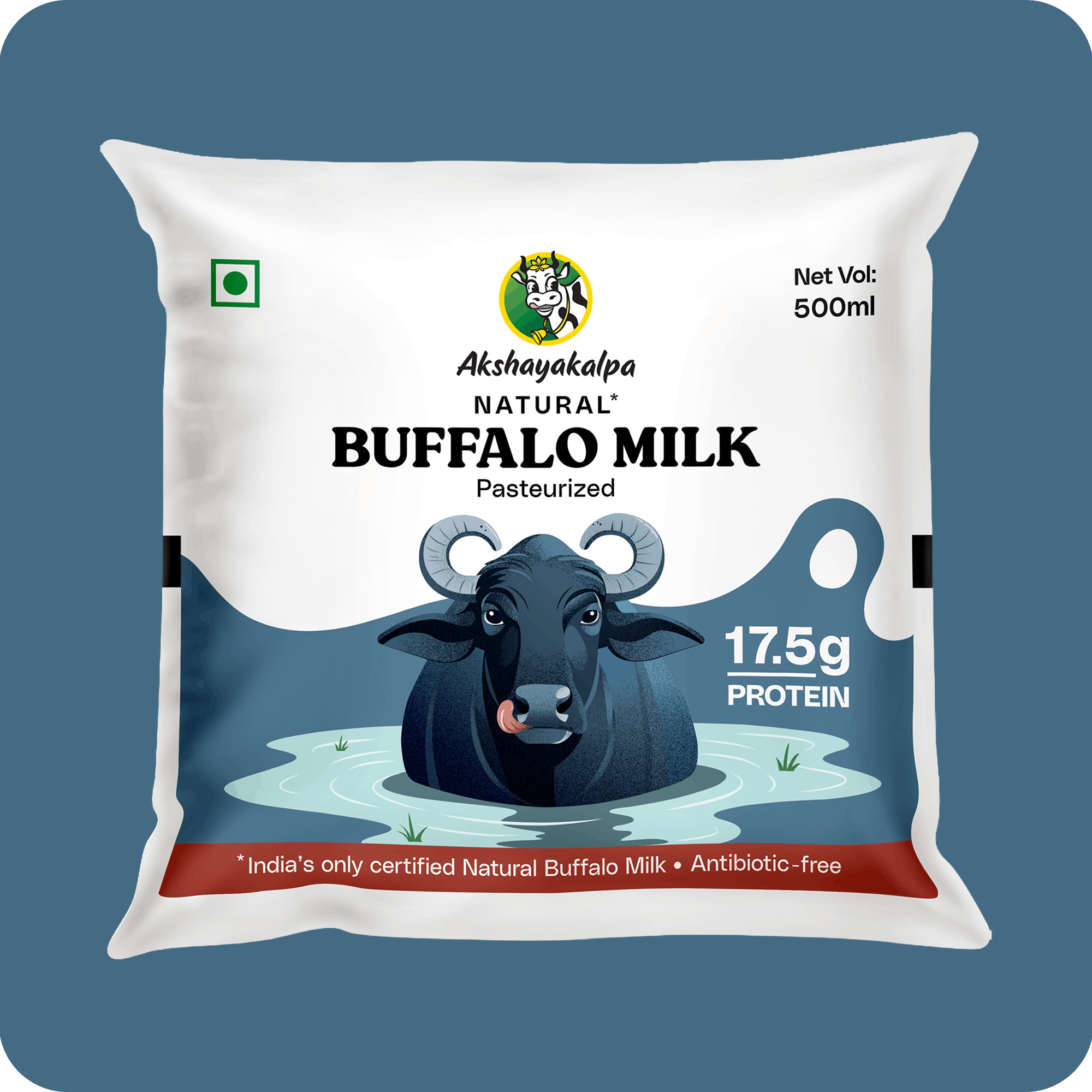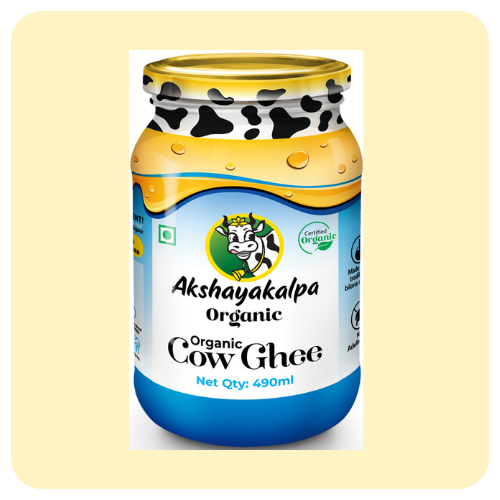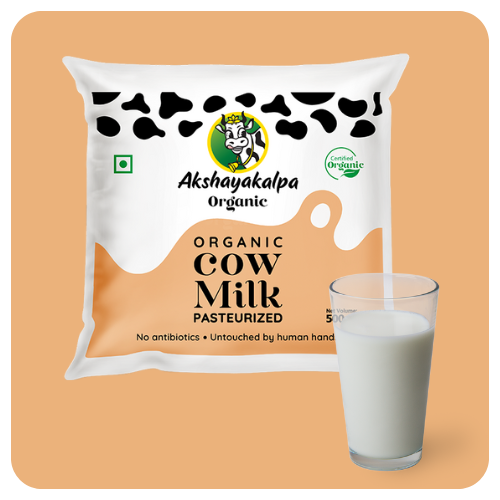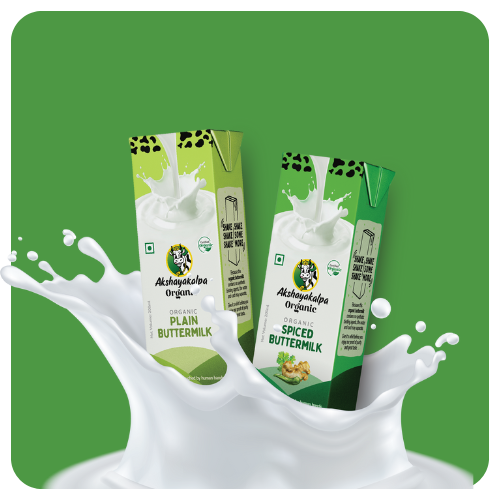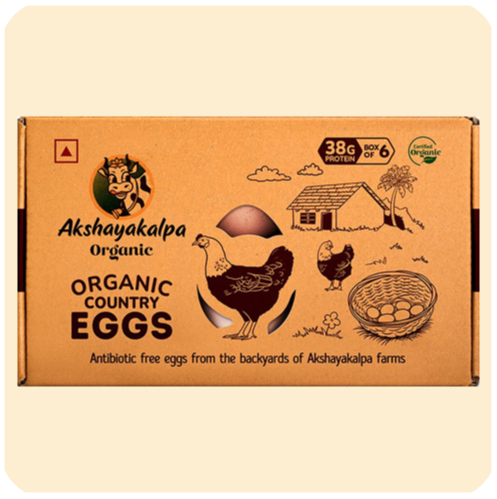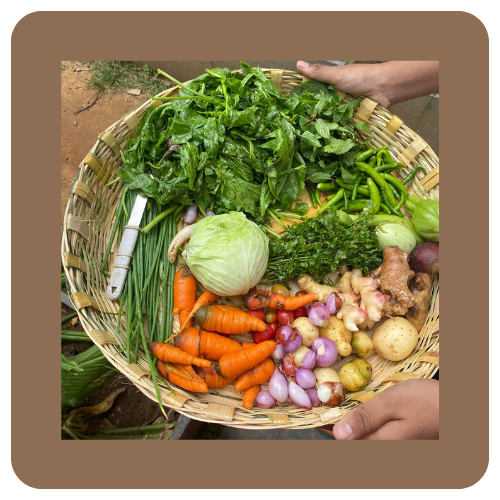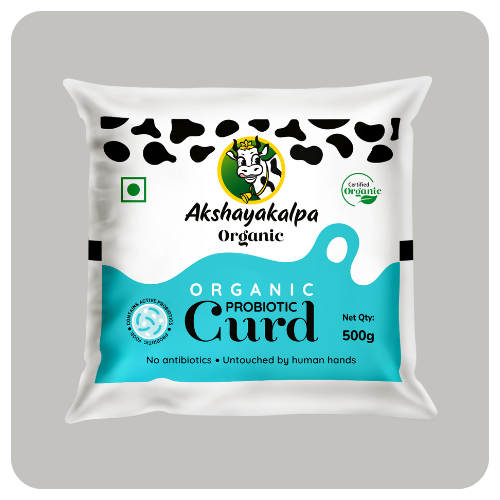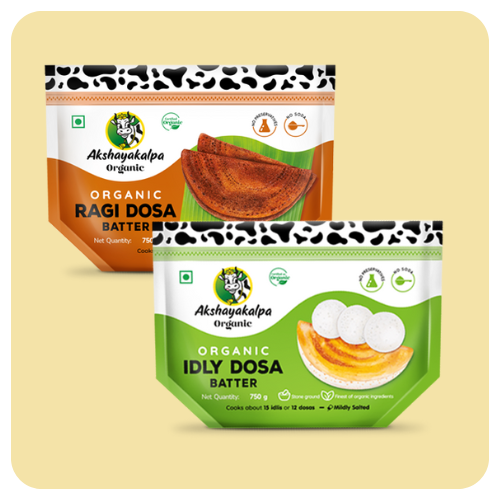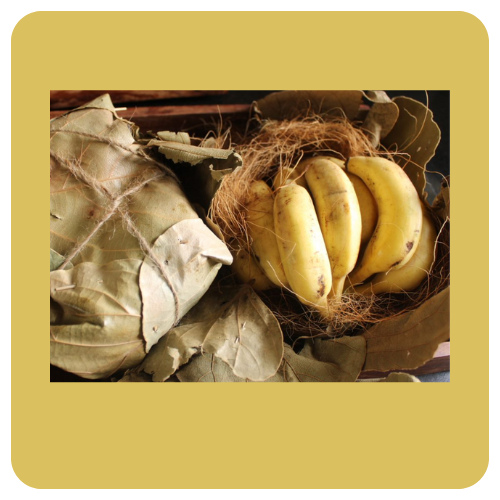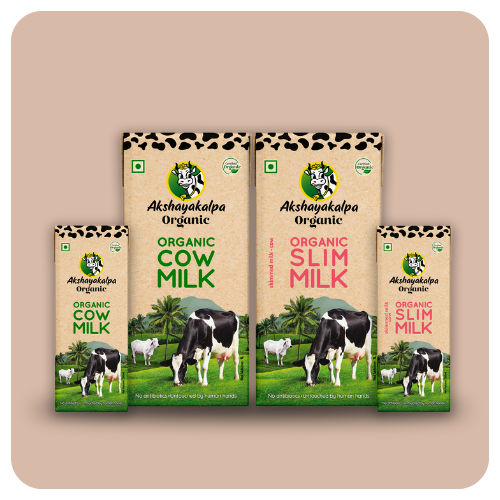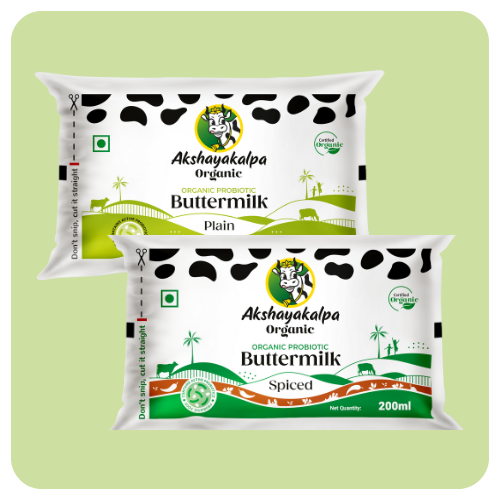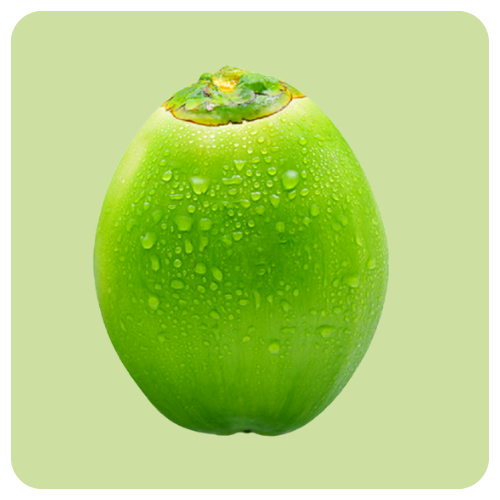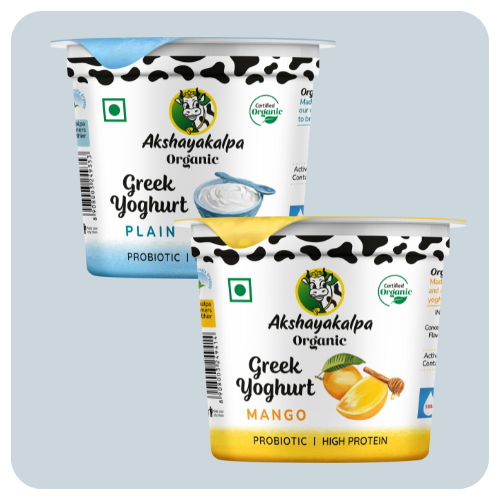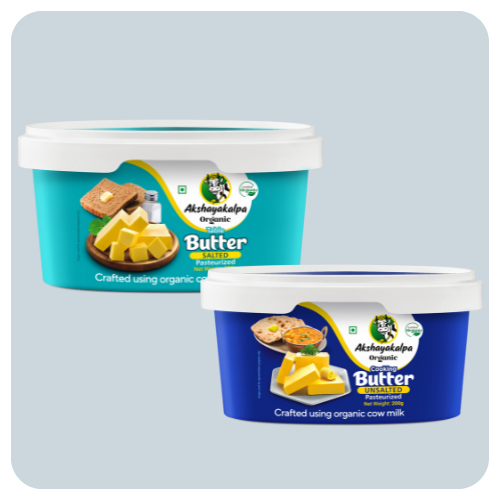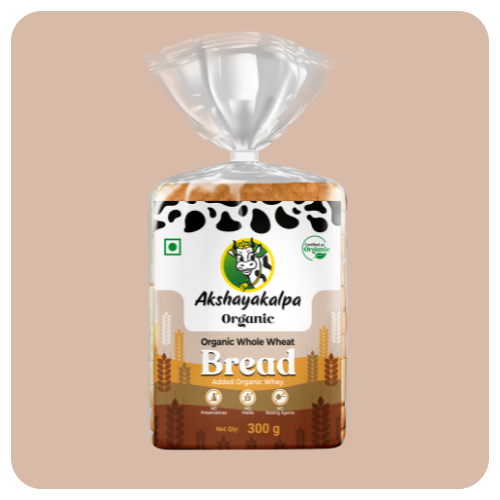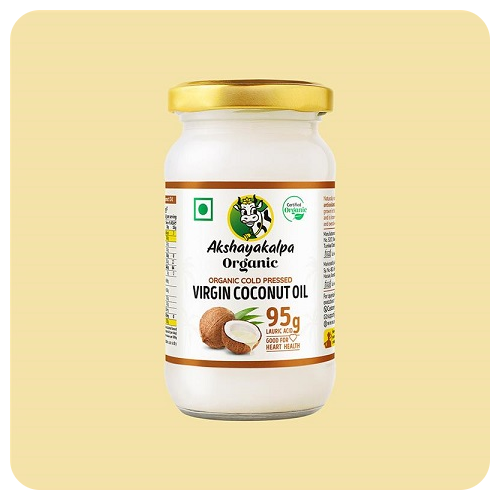Loco about Coco? Here’s 3 ways to check the purity of your coconut oil at home!
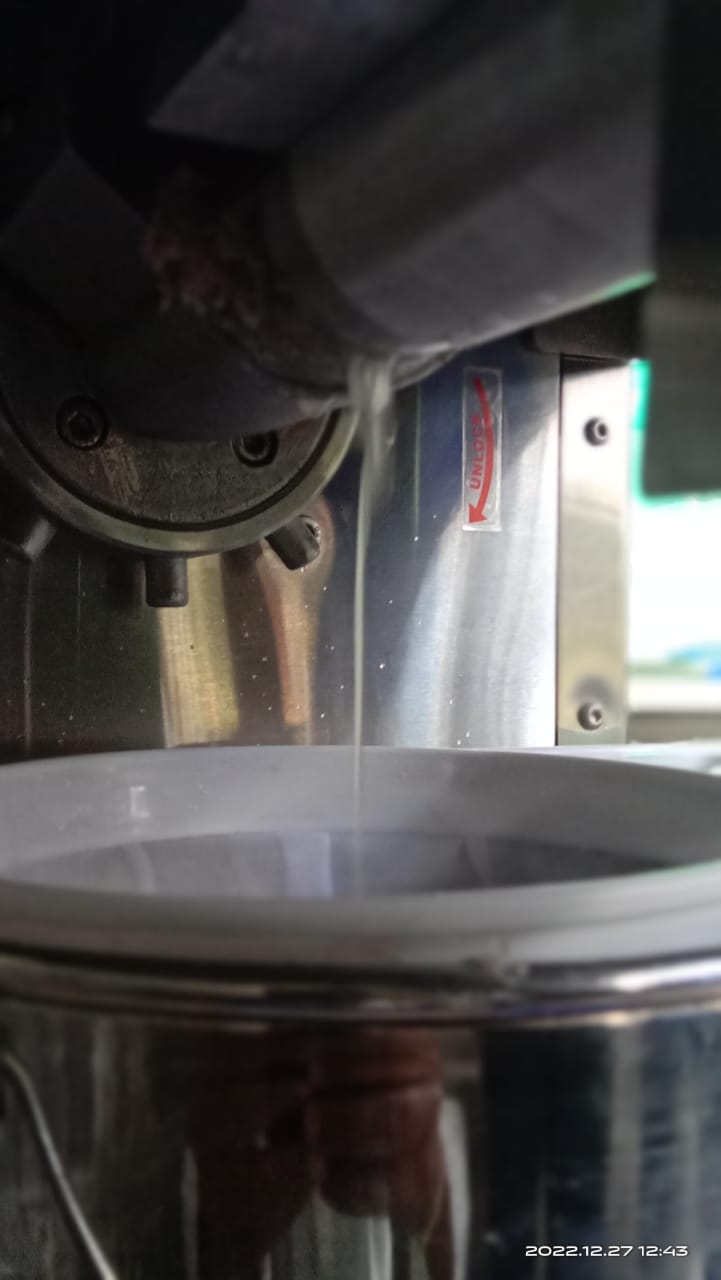
As one of the 3 countries that produce 70% of the world’s coconut oil, India is home to this wonder liquid. With its myriad uses ranging from cooking, to home remedies and cosmetic purposes, coconut oil has made its place in our kitchen shelves (and hearts!) pretty permanent.
One of the purest forms of coconut oil is Virgin coconut oil. It is defined by the Asian and Pacific Coconut Community as ‘oil obtained from fresh, mature coconut kernels through means that do not lead to the alteration of the oil’.
When virgin coconut oil comes from coconuts grown on chemical-free soils – without the use of synthetic fertilizers or pesticides – it is known as Organic Virgin coconut oil.
The story of the purity of Akshayakalpa Virgin Coconut Oil too begins at our farms. The best mature coconuts are carefully handpicked by farmers from certified organic farms located in the ‘Sweet coconut belt’ of Southern India. Fresh coconut meat is scooped out of the shell and the traditional method of cold-pressing is used to extract the oil at room temperature, without the use of heat-processing. Because Akshayakalpa Organic Virgin coconut oil undergoes NO refining, bleaching or deodorizing, its natural aroma, nutty taste and the nutrients are always protected and kept intact.
Virgin coconut oil is often lauded as the ‘healthiest oil in the world’ due to the presence of large amounts of medium chain fatty acids, especially lauric acid that supports metabolism, immunity and other systems. Organic Virgin coconut oil is free from chemical residues, has negligible amounts of trans-fats and is light and non-greasy – making it perfect for both internal and external consumption.
It takes around 1440 kgs of mature coconuts to yield about 70 litres of coconut oil. Because of its popularity and demand, coconut oil often adulterated with liquid paraffin or palm oil, negating its health benefits. Here are 3 quick and easy tests that you can do at home to check the purity of your oil:
Test 1: Heat test
- Put a pan over medium flame and heat a small amount of coconut oil in it.
- If it starts frothing at a low temperature and releases a burnt smell, the oil is impure and adulterated
Test 2: Fridge test
- Put a small amount of coconut oil in a bottle and leave it in the refrigerator for an hour
- If it is impure, the adulterants will float as a layer above the solid coconut oil
Test 3: Water test
- Add 2 tablespoons of coconut oil to a glass of water and leave it untouched for 20-30 minutes
- Check if the oil is solidifying or melting
- If the oil is melting and mixing with the water, it is impure
- Pure coconut oil should stay together or solidify
Due to its hard outer shell, one might believe that coconuts are safe from pesticides and other external chemicals but this is simply not true. Coconuts derive their nutrition from the soils they grow on and if the soils are contaminated with chemicals or lack nutrients, then the resulting coconut oil will be of subpar quality too.
Akshayakalpa Virgin coconut oil comes from coconuts that grow on the same lands where we grow organic fodder for our cows. The oil is rich in nutrients and perfect to deliver to all the benefits that pure coconut oil promises.
